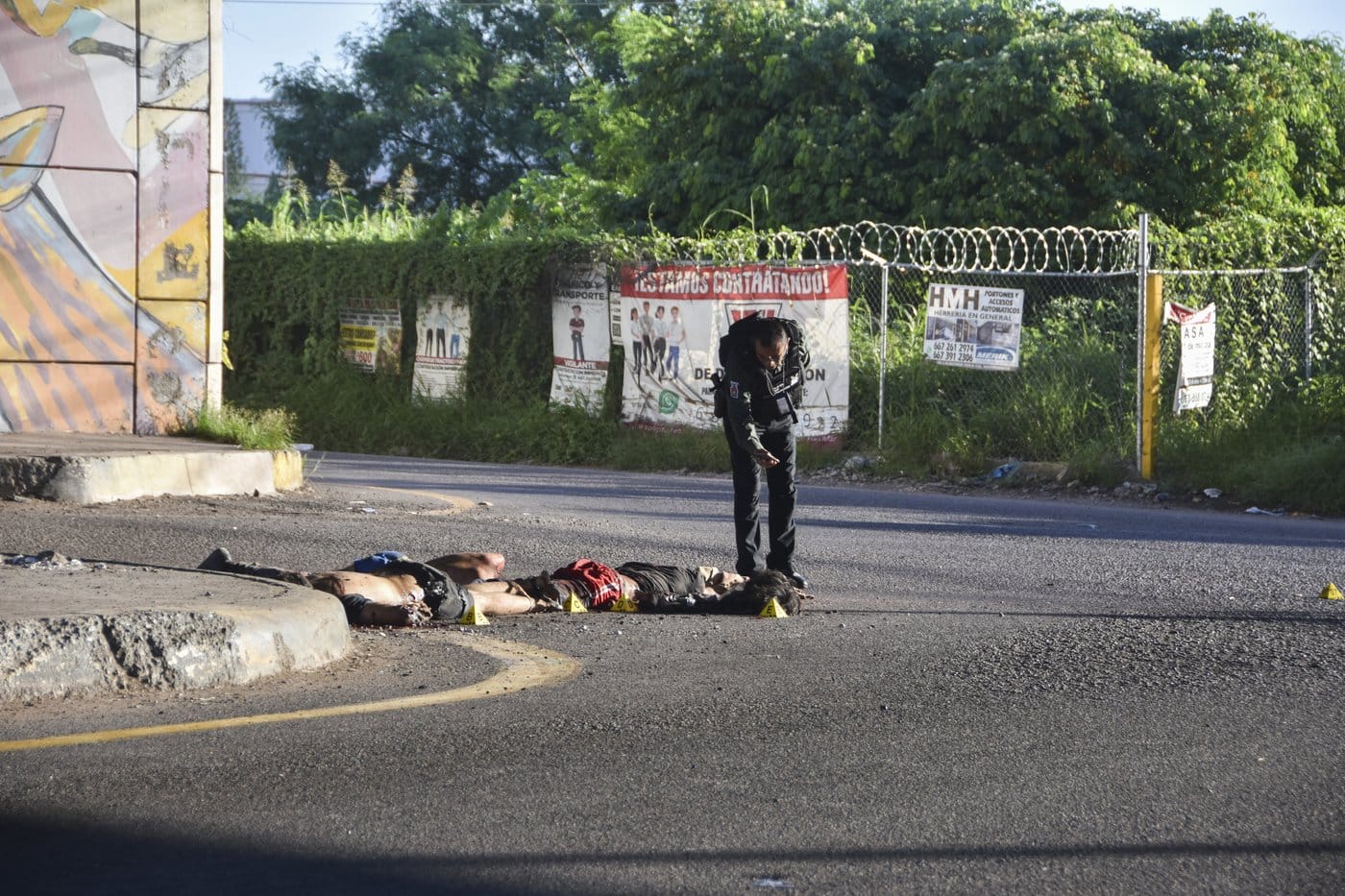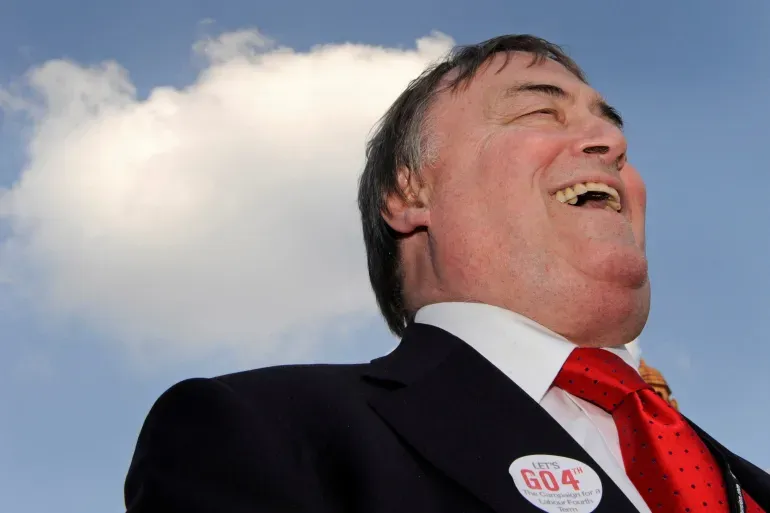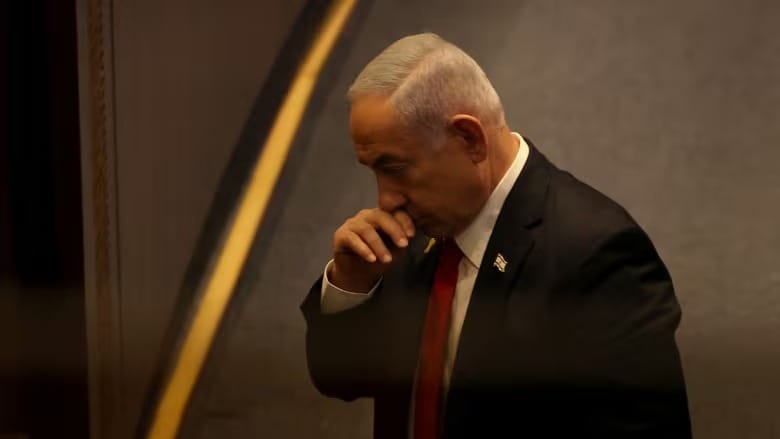As cartel violence increases, the president of Mexico accuses the US of causing the deaths in Sinaloa
One mother, speaking anonymously for fear of cartel retribution, expressed her fear of sending her daughter to school after an incident where armed men stopped their taxi.

On Thursday, Mexican President Andrés Manuel López Obrador accused the United States of being responsible for the surge in cartel violence in Sinaloa, which has resulted in at least 30 deaths over the past week.
The violence, centered in the state capital Culiacan, involves a power struggle between two factions of the Sinaloa cartel. Gunmen have clashed with each other and with security forces, leading to a growing number of casualties.
In response, a military operation was launched covering the northern part of Culiacan, with helicopters patrolling the area.
Despite this, traffic remains heavy, most schools are open but parents are reluctant to send their children, businesses are closing early, and many residents avoid going out after dark.
Families continue to stay indoors, and concerns about safety are high.
One mother, speaking anonymously for fear of cartel retribution, expressed her fear of sending her daughter to school after an incident where armed men stopped their taxi. She criticized the lack of security and the dangerous conditions in the city.
The recent violence follows the July 25 arrival of Joaquín Guzmán López, son of former Sinaloa cartel leader Joaquín “El Chapo” Guzmán, near El Paso, Texas, along with Ismael “El Mayo” Zambada, the cartel’s reclusive elder leader.
After his arrest, Zambada claimed in a letter that he was abducted by Guzmán and taken to the U.S. against his will.
During his press briefing, López Obrador claimed that American authorities were to blame for the violence, asserting that the U.S. was responsible for Zambada's capture, which he described as illegal.
He argued that this unilateral decision by the U.S. led to the current instability and clashes in Sinaloa.
López Obrador also criticized the lack of cooperative relations between the two countries and mentioned that Mexican prosecutors might pursue treason charges against those involved in Zambada’s capture.
This incident has further strained U.S.-Mexico relations. Last month, López Obrador had already put relations with the U.S. and Canadian embassies “on pause” following criticisms of his plan to overhaul Mexico’s judiciary.
The capture of Zambada has intensified criticism of López Obrador's approach to dealing with cartels.
His administration’s strategy, dubbed “hugs not bullets,” aims to reduce cartel violence through non-confrontational means.
However, despite this approach, violence continues, with cartels using increasingly sophisticated tactics, including roadside bombs, homemade armored vehicles, and drones.
Last week, López Obrador appealed to the warring factions in Sinaloa to act “responsibly,” expressing hope that the cartels would heed his call. Despite these efforts, the violence persists.





